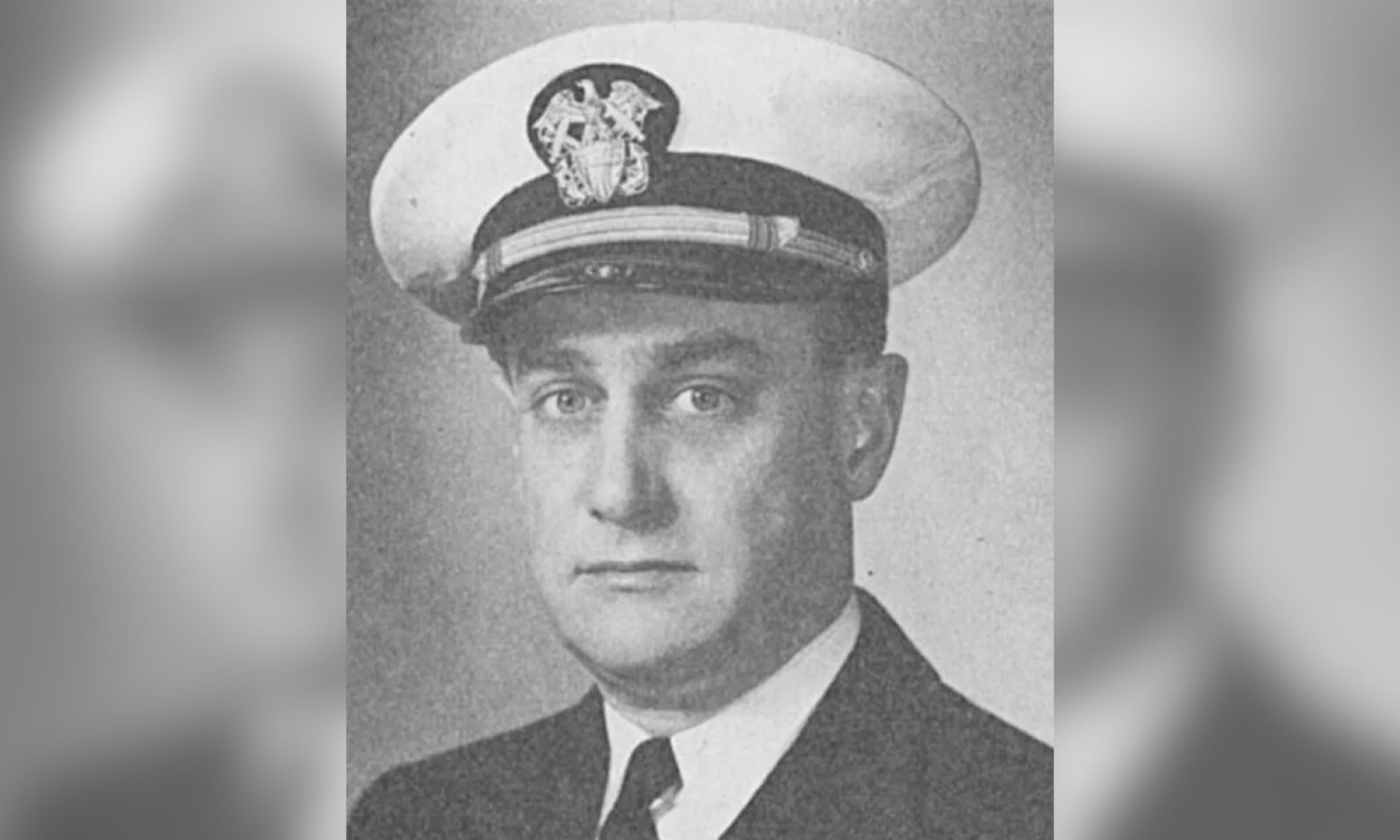PARIS — U.S. President Joe Biden delivered remarks Friday on the coastal cliffs of Pointe du Hoc, where Army Rangers 80 years ago suffered immense casualties during the Allied invasion of Normandy.
Biden’s address, which aimed to tie the Europe of 80 years ago to that of today, followed a larger ceremony with European and American officials the day before, commemorating eight decades since D-Day — almost certainly the last major anniversary featuring veterans of the war.
As a living parallel, Ukrainian President Volodomyr Zelenskyy attended the Thursday event, the climax to weeks of travel to meet with world leaders. Zelenskyy, whose country has defended itself against a full-scale Russian invasion for the last two years, spoke with some of the veterans of D-Day, including one who in a poignant moment grasped Zelenskyy’s hand and said he’d “saved Europe.”
The exchange was symbolic of the comparison Biden has attempted to make, meeting with Zelenskyy in Paris just hours before. Biden opened his presidency with the frame of an “inflection point” in a larger competition between autocracies and democracies. The war in Ukraine has become an emblem of his argument, as Russian President Vladimir Putin tries to oust the elected government in Kyiv.
Unlike his speech Thursday, which largely focused on America’s responsibilities abroad, Biden used Pointe du Hoc to argue for a new sense of domestic responsibility.
“Does anyone doubt they wouldn’t move heaven and earth to get rid of hateful ideologies today?” Biden said, referencing the soldiers who fought there.
An emotional staging ground
During the 1944 Allied invasion of Normandy, a band of 225 Army Rangers there attacked a Germany artillery position atop the steep cliffs, a mission considered almost impossible at the time.
The Rangers took the cliffs, though at great loss. By the next morning, there were fewer than 100 Rangers who could still fight.
Forty years ago, former President Ronald Reagan spoke at the same backdrop in one of the most powerful moments of his presidency. With some of the veterans who scaled those cliffs seated in the audience, Reagan helped create the legend of the “boys of Pointe du Hoc” — the ultimate symbol of Americans carrying out their country’s mission.
Biden echoed similar sentiments on Friday, at times using comparable language as he narrated the scene from 80 years ago. The bullets “cracked” nearby, the soldiers climbed relentlessly even as their ropes were cut, their victory helped “turn the tide” of a war for world freedom.
Perhaps most strikingly, Biden’s speech Friday showed how vivid the memory of those soldiers’ actions remains. The president, like Reagan 40 years ago, is in the middle of a campaign for reelection and hoping for a rebound. That he chose this site for a marquee address is a reminder that those war stories still have power.
Biden noted that, unlike Reagan, he’s the first president to come to Pointe du Hoc without any of the 225 men who fought there still alive. Drawing parallels to today’s conflicts, Biden spoke often of those soldiers in the present tense.
“They’re asking us to stay true to what America stands for,” he said.
Noah Robertson is the Pentagon reporter at Defense News. He previously covered national security for the Christian Science Monitor. He holds a bachelor’s degree in English and government from the College of William & Mary in his hometown of Williamsburg, Virginia.





